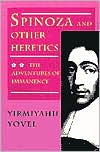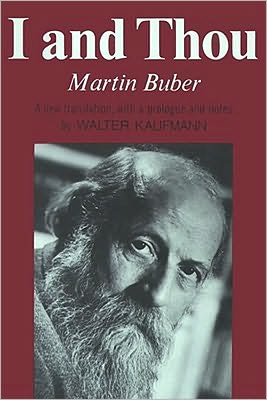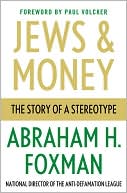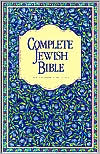Spinoza and Other Heretics, Volume 2: The Adventures of Immanence
This ambitious study presents Baruch Spinoza (1632-1677) as the most outstanding and influential thinker of modernity—and examines the question of whether he was the "first secular Jew." A number-one bestseller in Israel, Spinoza and Other Heretics is made up of two volumes—The Marrano of Reason and The Adventures of Immanence. Yirmiyahu Yovel shows how Spinoza grounded a philosophical revolution in a radically new principlethe philosophy of immanence, or the idea that this world is all there...
Search in google:
This ambitious study presents Baruch Spinoza (1632-1677) as the most outstanding and influential thinker of modernity--and examines the question of whether he was the "first secular Jew." A number-one bestseller in Israel, Spinoza and Other Heretics is made up of two volumes--The Marrano of Reason and The Adventures of Immanence. Yirmiyahu Yovel shows how Spinoza grounded a philosophical revolution in a radically new principlethe philosophy of immanence, or the idea that this world is all there is--and how he thereby anticipated secularization, the Enlightenment, the disintegration of ghetto life, and the rise of natural science and the liberal-democratic state.The Adventures of ImmanenceHere Yovel discloses the presence of Spinoza's philosophical revolution in the work of later thinkers who helped shape the modern mind. He claims it is no accident that some of the most unorthodox and innovative figures in the past two centuries--including Goethe, Kant, Hegel, Heine, Marx, Nietzsche, Freud, and Einstein--were profoundly influenced by Spinoza and shared his view that immanent reality is the only source of valid social and political norms and that recognizing this fact is necessary for human liberation.But what is immanent reality, and how is liberation to be construed? In a work that constitutes a retelling of much of Western intellectual history, Yovel analyzes the rival answers given to these questions and, in so doing, provides a fresh view of a wide range of individual thinkers. Library Journal Called by Yovel the first important philosopher of immanence, Spinoza considered God and nature to be identical, a new doctrine that broke radically with Judaism and Christianity. Yovel finds the origin of Spinoza's heterodoxy in the Marranos, from whom he was descended. The Marranos were Spanish Jews who converted to Christianity under compulsion but secretly continued to practice Judaism. The conflicting pressures of following two religions sometimes led to a total collapse of faith, and Yovel describes in a masterly way a tradition of Marrano skepticism. He also illuminates Spinoza's influence on later thinkers. He does not completely clarify the meaning of ``immanence'' and also assumes without much argument that the immanentist position is correct. Nevertheless, this is clearly a work of major significance.-- David Gordon, Bowling Green State Univ. , Ohio
PrefaceixNote on SourcesxvChapter 1.Spinoza and Kant: Critique of Religion and Biblical Hermeneutics3Chapter 2.Spinoza and Hegel: The Immanent God--Substance or Spirit?27Chapter 3.Spinoza in Heine, Hess, Feuerbach: The Naturalization of Man51Chapter 4.Spinoza and Marx: Man-in-Nature and the Science of Redemption78Chapter 5.Spinoza and Nietzsche: Amor dei and Amor fati104Chapter 6.Spinoza and Freud: Self-Knowledge as Emancipation136Chapter 7.Epilogue: Immanence and Finitude167Afterword187Notes193Index225
\ Library JournalCalled by Yovel the first important philosopher of immanence, Spinoza considered God and nature to be identical, a new doctrine that broke radically with Judaism and Christianity. Yovel finds the origin of Spinoza's heterodoxy in the Marranos, from whom he was descended. The Marranos were Spanish Jews who converted to Christianity under compulsion but secretly continued to practice Judaism. The conflicting pressures of following two religions sometimes led to a total collapse of faith, and Yovel describes in a masterly way a tradition of Marrano skepticism. He also illuminates Spinoza's influence on later thinkers. He does not completely clarify the meaning of ``immanence'' and also assumes without much argument that the immanentist position is correct. Nevertheless, this is clearly a work of major significance.-- David Gordon, Bowling Green State Univ. , Ohio\ \








